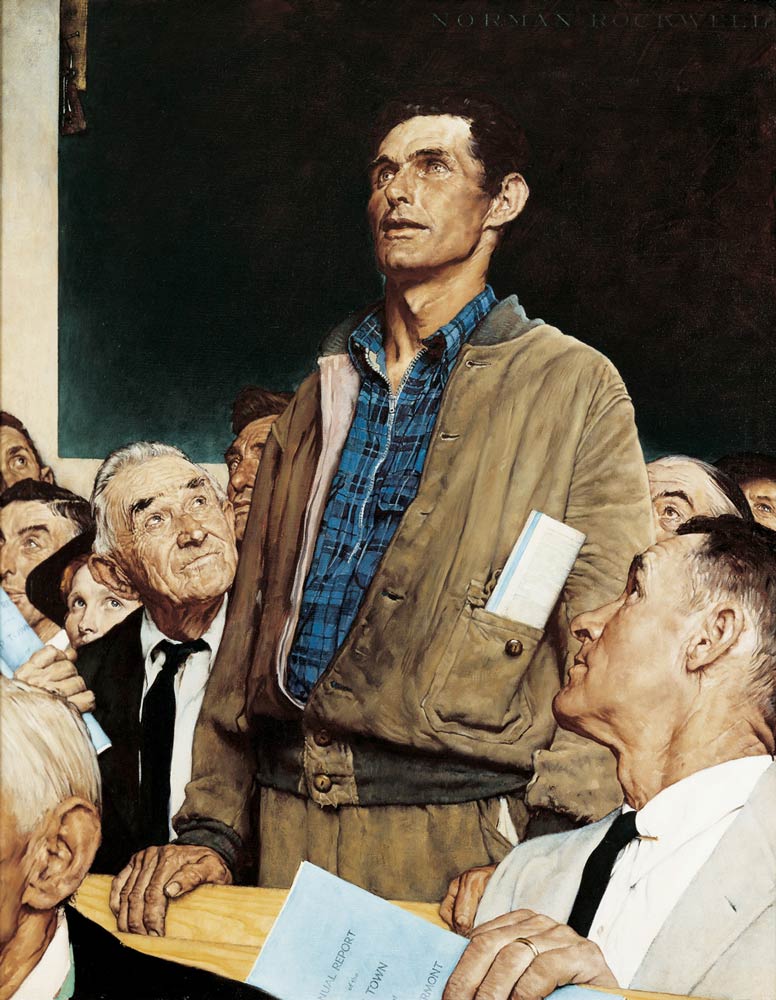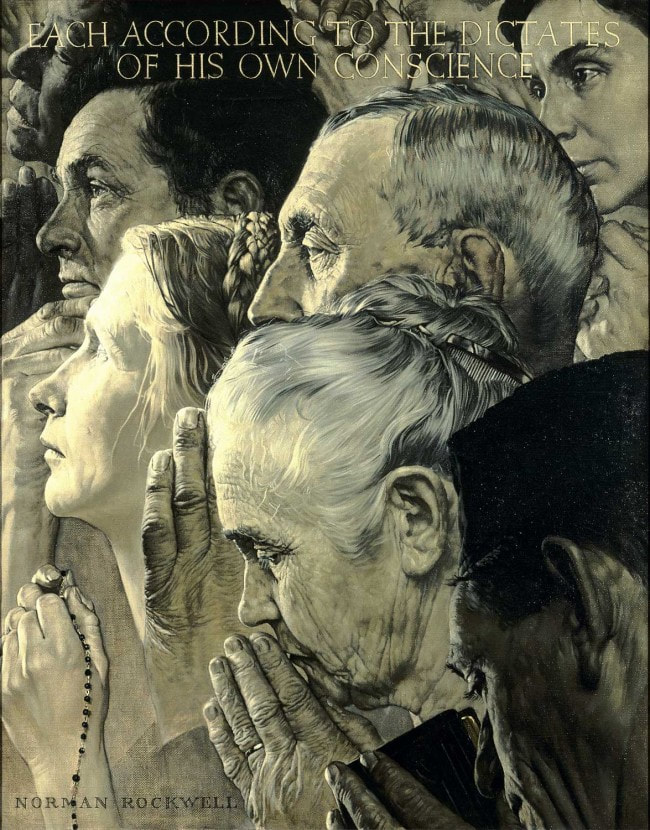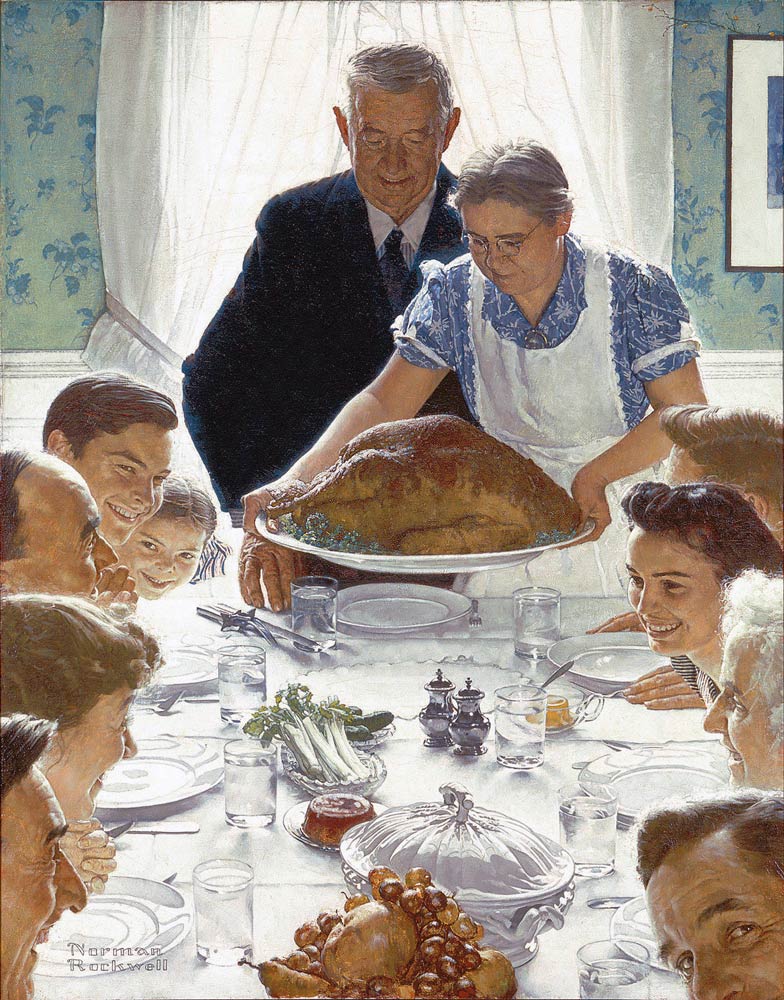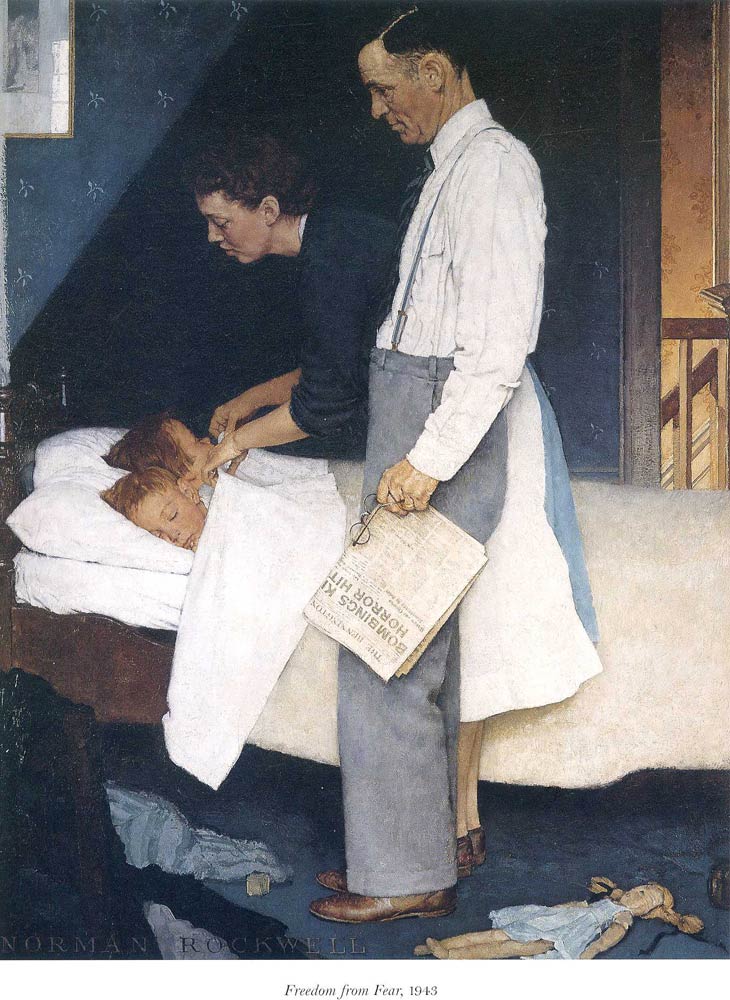First thought: why do so many people want to insist that the Harry Potter books and movies (and all of the stuff that has been derived from them) is supposed to be of exclusive interest of children, even if they do claim them as being for “young adults?” “Young Adult fiction (YA)” is defined as:
genre is targeted to teenagers, approximately half of YA readers are adults.
The subject matter and genres of YA correlate with the age and experience of the
protagonist. The genres available in YA are expansive and include most of those found
in adult fiction. Common themes related to YA include friendship, first love, relationships,
and identity. Stories that focus on the specific challenges of youth are sometimes
referred to as problem novels or coming-of-age novels.
Young adult fiction was developed to soften the transition between children's novels and
adult literature.
(from Wikipedia,emphasis added by RSB)
So, as I discussed in post #111, we got a copy of Harry Potter and the Sorcerer’s Stone (the Philosopher’s Stone in the original UK version) and Harry has been something of an obsession ever since for both of us. I’ve read all of the books several times, seen all of the HP movies multiple times, and I am likely to continue to do so. I think that means that while young people CAN read and enjoy the books, etc., older people (at least SOME “older” people) can, and obviously do, as well.
This is, of course, in spite of the fact that the entire series is among the most frequently banned, removed, and/or challenged books available in public libraries and schools. And, that has been true since the first book was published. There are a variety of reasons why the books are challenged, which I won’t go into as I think banning (or even attempting to ban) any book is probably stupid and counter-productive.
I confess that I find the so-called “religious” objections (that they teach “witchcraft” and “lead children away from Christ”) to be the most foolish of objections. I especially find this sort of thinking ridiculous since Harry is a rather obvious “Christ” figure who frequently suffers (and eventually is killed and resurrected) in order to drive evil forces out of his world. Okay, there IS some literary license there, but really is pretty obvious! It makes me wonder why the New Testament isn’t objected to, since walking on water, feeding the multitudes with five loaves and two fish, and raising the dead seem pretty “magical” to me. (Please note: There are NO references to Satan, the devil, or “devil worship” ANYWHERE in the Harry Potter/Wizarding World canon. I’m quite familiar with ALL of it, and you may quote me!)
In spite of all the objections, however, the books, etc., are tremendously popular, even with “adults.” In fact, Bloomsbury, the British publisher, has produced paperback versions with two sets of covers, one specifically intended to appeal more to “adult” readers, who then won’t have to be seen reading a “children’s” book. There even have been (still are?) college courses, built around the Harry Potter books.
However, one also can just look around as one does his/her usual daily business. I suppose that it COULD just be Omaha, but I doubt it. I know that as I go about my daily activities, I see all sorts of indications that these books are popular with a lot of people, seemingly of all ages. Yes, there are HP toys in the stores. (LEGO has made a LOT of money from Harry Potter-related sets.) But there are a wide variety of decals and other stickers that I see on cars driving around town. There are Harry Potter coffee cups, tee shirts, socks, key chains, and pajamas, etc. in stores, at least from time to time. The Hallmark Card people have made HP “Keepsake” ornaments for a number of years. I see ads for Harry Potter trivia contests in bars every so often. I also see ads for various groups sponsoring “Halloween Feasts” or “Yule Balls” in various “great Halls” about the town, especially during the holiday season. I think it unlikely that these only have an appeal to the “high school, or younger” set.
I can only comment about The Wizarding World of Harry Potter theme park at Universal Studios in California (see Post #119 in the Archives), but, while there were certainly children present when I was there, there were a lot of older folks, as well, and I’ll bet that’s true in Florida and Japan, too. While I haven’t been to the Warner Bros. Studio Tour London - The Making of Harry Potter, Maggi has (twice). And, Bonnie has (with Maggi, just this spring) and I’ve seen their pictures. The surprising thing is how FEW “children” show up in them. Yes, they did NOT set out to take “crowd” pictures, but pictures of the exhibits. Still, there are a LOT of “adults” present. And, they seem to buy a lot of “souvenir” stuff.
I also find it somewhat telling that Quidditch has become something of a recognized international sport with teams from a variety of age groups playing. In the United States, U.S. Quidditch (founded on a college campus and now a 501©3 non-profit organization) encourages teams from elementary, high school, college and adult/community groups. The collegiate level is the largest group; and there are about 75 college teams which are recognized as “official school teams.” Sadly, WCU is not one of them, as the Western administration refused to allow the team which formed within the Honors College about 2010 to play on actual brooms (they argued that brooms were too dangerous, suggesting pool “noodles” as a substitute!), so there is now a community/adult team based in Sylva, although three other UNC System schools have “official” teams, as does Duke.
What does this prove? Probably nothing. But it goes a long way, I think, to suggest that the Harry Potter phenomenon goes beyond children, and, probably beyond “young adults.” Of course, it may require being somewhat “young at heart,” but that is not limited by age.
There is also the fact that the Harry Potter books (and movies, I suppose) contain a number of ideas which seem to be worthwhile to consider, no matter what your age. I got some of these ideas when I ran across a posting from Barnes and Noble’s BNTeen Blog entitled “20 Things We’ve Learned from Harry Potter” written by Elodie about a year ago. Yes, this blog is obviously aimed at the “young adult” audience (Barnes and Noble can be “silly,” too), but that doesn’t make the ideas less worthwhile. I don’t intend to discuss all of the ideas presented, as some clearly ARE chosen for their “Teen” and “Pre-Teen” appeal, but there are some which seem definitely worth at least a few moments thought from those of us who are older.
There are different kinds of courage. The example used here was Neville standing up to Harry, Hermione, and Ron when he knew they were violating the rules. There are many types of courage demonstrated in the books, however, up to, and including, facing death for the common good. However, I think it’s also implicit that courage includes such things as working to support one’s family even while ill; doing without so your children can have advantages which you didn’t have; rescuing a neighbor (or even a pet) in times of big storms, fires, and floods; even just speaking up for someone else, be he/she an immigrant, a stranger, someone who is ill, or is just “different” in some way. These are not things which are required, they’re just the right thing to do, even if they may not make you popular. There are many other examples of courage if one looks around, but this is probably sufficient to make the point.
Never be ashamed of who you are. The example here was Hagrid refusing to be ashamed of being part giant, but it isa general truth. As Katherine Hepburn said, “Be yourself, it’s a tough act to follow.” And, as Polonius says (in one of his few really intelligent speeches), “To thine own self be true….” If you won’t stand up for yourself, you are living a lie, and that’s not a way to a satisfying life.
Always question authority. There’s nothing wrong with accepting the “rules,” but only if they make sense, are reasonable, and truly match with the ideals you wish to espouse. To quote Hepburn again, “If you follow all the rules, you miss all the fun!” Authority is NOT always right! We MUST stand up to (or at least question) authority when we think it is wrong.
Case in point: during the summer of 2000, I was summoned to the Dean’s (Arts and Sciences at that time) office where he suggested to me that “University officials” thought I, as Director of Theatre Production, should cancel the planned production of The Rocky Horror Show for the following winter because it might offend some people enough to vote against the UNC System bond referendum coming up that fall. Now, I was looking forward to designing and directing that production, and I knew a fair number of students were also looking forward to it, but I said that I would cancel it, if ordered to do so. However, I also said that I would not lie about being ordered to do so, and why, if I was asked to explain that cancellation to my students, or the press, especially since the theatre season had been publicly announced, and the production was a couple of months AFTER the election. What’s more, UNC-G was doing a production of the same show shortly before the election during the fall semester.
I think that I should point out that the Dean seemed embarrassed to ask me to do this (he was, quite obviously, under orders from someone higher up). I don’t blame the Dean, (although I was disappointed that he felt it okay to even ask me) but I’m glad I was able to convince him that I wasn’t about to just “let this go,” and that he could explain to the “officials” that cancelling the production might well do more damage than just ignoring it. (Academic freedom and “free speech” ARE closely related.) But the fact is that “authority” CAN be wrong, as I think it was in this case! Of course, I also think that if a university theatre doesn’t arouse a little controversy every so often, it isn’t really doing its job. Theatre isn’t intended to be just “light entertainment.” Sometimes it should contribute to actual thought, which might, on occasion, challenge the “rules.”
The family you choose is just as—and sometimes more—important than the one you’re born into. Families are not just defined by blood, but by caring about each other. That’s part of what has always made a theatre company special to me. The same is true of any sort of real team. The members become a sort of family. Even if we don’t really “like” each other a lot, we come to depend on each other for the success of the whole. That’s not a bad definition of a family!
People may die; but love never will. Part of what makes you what you are is your memories of those who have gone before. I’ve lost friends and family members (you probably have too). Your thoughts and memories of them contributes to what you become. As I’ve said before, I am a descendent of Martha Carrier (10 generations back). Her willingness to die in Salem in 1692 rather than deny her integrity, still means a lot to me.
If you want to know what a man’s like, take a look at how he treats his inferiors, not his equals. Character is most fully revealed by how someone treats someone whom he/she is not trying to impress, especially if they have power over them. Politeness, forgiveness, caring, and courtesy shouldn’t just be used to impress our equals (or “betters”); they reveal what sort of person we really are, just as bullying, arrogance, name-calling, lying, and condescension do.
It is our choices that show who we are, far more than our abilities. We all have different abilities and different levels of ability. That we can’t really control. We can, however, control how we choose to USE those abilities, and those choices reveal a great deal about our values. Do we use our talents ONLY for personal gain, or do we try to make the world better?
People are complicated. Most people are capable of doing things which we might consider to be either good or bad. It’s probably wise to try to make sure we have all of the facts before jumping to conclusions about which is which. If that sounds like an injunction to be careful about “throwing the first stone,” it was probably supposed to.
It does not do to dwell on dreams and forget to live. We all have things we wish we hadn’t done and things we hope to do. That’s not, necessarily a bad thing, but they shouldn’t control our ability to live “in the moment,” too. If you choose to let your “hopes and wishes,” or your desires dominate your life, you run a real risk of missing being alive.
The worlds we imagine are no less important than the one we live in. Dumbledore may have said it most succinctly when he said, “Of course, it is happening inside your head, Harry, but why on earth should that mean it is not real?” In fact, I believe that it’s pretty widely accepted in psychology that what we call “Reality” actually happens inside our brain. That is, it is “real” because our brain perceives it as conforming to what we call reality. As Arthur C. Clarke suggested, “Any sufficiently advanced technology is indistinguishable from magic.” That’s because it doesn’t conform to what we understand to be “reality.” I think he was suggesting that the term, “magic,” was invented to “explain” those things which don’t conform to our (current) notion of what is “real.” Once we alter our idea of “reality” by explaining how those phenomena occur, they cease to be “magic.” After all, “many people” once KNEW that the world was flat. And then, it wasn’t.
Words are our most inexhaustible source of magic. Words are a means of manipulating “reality” so that we can communicate ideas, feelings, thoughts, relationships, etc. which we are incapable of doing in any other way. (Math is another, by the way.) To me that’s the value of literature. A play, a novel, or a piece of poetry can make me think things which are otherwise not available to me. They allow me to view “reality” through a different set of eyes. I may like what I see with them, or not, but the vision is always useful, be it positive, negative, or indifferent. I may not be able to speak/look at you, but I can achieve a greater understanding of the reality of you, through the written word, when I do not have the ability to communicate face-to-face.
You see, Aristotle was correct! Theatre includes Plot, Character, Thought, Diction, and Music & Spectacle. You have to have something to communicate (A story – Plot, Character & Thought), but Theatre communicates that story not JUST through word choice (Diction), but HOW the words are spoken (Music) and what the audience sees (Spectacle). There are many combinations of words which can be used to convey the same sort of idea.
But, when one is writing, one still has Plot, Character, Thought and Diction because Literature includes the first four of Aristotle’s “Six Parts.” What sets Theatre apart as different from Literature is that Theatre adds speaking (Music) and visual aspects (Spectacle) which aren’t present in the written form. Their lack in the written form makes Diction even MORE important to Literature because we aren’t HEARING the words, so the writer can’t use Music or Spectacle to convey meaning.
Some writing can be the cause of pleasure; some can cause anger and/or despair. Unless one has a very good understanding of how connotations work, it can really be like “magic” how the choice of words can affect us. Is there really much difference between the professor telling you, “I’m afraid that you didn’t clearly convey a grasp of a sufficient number of the important points to establish a convincing case for your mastery of the material in question.” and just saying “You failed?” Both mean much the same thing, but your reaction would probably not be identical.
A willingness to engage in careful selection of words is a key ingredient of good writing. It allows for precision and accuracy of the desired meaning. That’s why I tended to be pretty “picky” when helping edit all of those BFA theses. I wanted to be sure those students actually communicated what they intended to. I also believe that thinking before writing (and rewriting as needed) helps the mind to stay sharp. And that’s of value to anyone. It’s also why I tried to have my students acquire at least a basic understanding of the essential ideas of Aristotle’s Poetics. Good writing is good writing and I don’t think you are likely to have good theatre (or good literature) without good writing first. Really GOOD writing IS “magic,” be it on paper, or for the stage. And, good writing can appeal to people of all ages.
I'll be back soon.
LLAP




 RSS Feed
RSS Feed